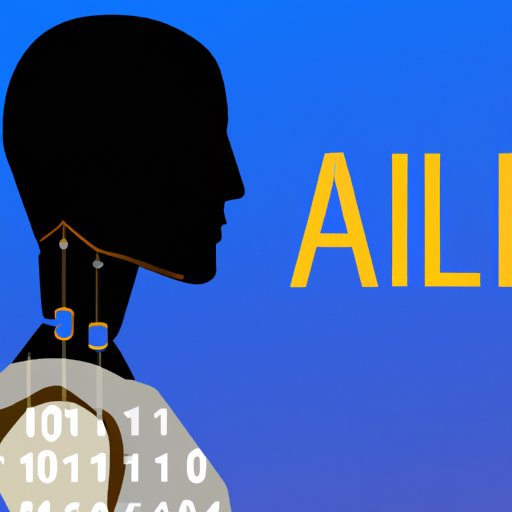Introduction
Artificial intelligence (AI) has become increasingly popular in recent years due to its potential to revolutionize various industries. AI is defined as “the theory and development of computer systems able to perform tasks that normally require human intelligence, such as visual perception, speech recognition, decision-making, and translation between languages”. With its many applications, AI is seen as a powerful tool that can help humanity solve some of its most pressing problems. However, there are also potential dangers associated with AI that must be taken into account.
Autonomous Weapons Systems
One of the most worrying potential dangers of AI is the development of autonomous weapons systems. Autonomous weapons are weapons that can select and engage targets without any human intervention. These weapons could be used to launch devastating attacks on large populations, leading to mass destruction and loss of life. Furthermore, there is no way to ensure accountability for these weapons, as they are not operated by humans who can be held responsible for their actions.
Malicious AI Attacks
Another potential danger of AI is malicious AI attacks. If left unchecked, AI could be used to launch cyber-attacks on networks and systems, potentially leading to massive data breaches and other forms of digital disruption. These attacks could be used to manipulate markets and economies, or even cause physical damage to infrastructure.
Surveillance
AI can also be used to monitor and control citizens. Governments have already implemented facial recognition systems powered by AI, which can be used to track people’s movements and activities. This poses a serious threat to civil liberties, as it allows governments to gain unprecedented levels of control over their citizens.
Job Loss
AI could also lead to job loss, as it is capable of replacing human workers in certain industries. This could lead to economic instability, as workers are unable to find new jobs and are pushed into poverty. This could have a devastating effect on the global economy, as well as on individuals.
Loss of Privacy
AI algorithms can also be used to predict and target individuals with ads and services. This means that companies can gain access to vast amounts of personal data, which can then be used to profile users and manipulate them into buying certain products or services. This poses a significant threat to privacy and could lead to a loss of autonomy for individuals.
Dangerous Algorithms
AI algorithms can also produce biased results that could lead to discrimination. For example, AI-powered facial recognition systems have been shown to be more accurate when identifying white faces than black faces, leading to potential racial profiling. Additionally, AI algorithms can be used to make decisions about loan applications, job applications, and other important matters, which could lead to unfair outcomes based on race, gender, or other factors.
Conclusion
Although AI has the potential to revolutionize many industries and help solve some of the world’s most pressing problems, it also carries a number of potential dangers. Autonomous weapons systems could lead to mass destruction, malicious AI attacks could cause digital disruption, AI-powered surveillance could threaten civil liberties, job loss could lead to economic instability, and dangerous algorithms could lead to discrimination. To mitigate these risks, it is important to conduct further research and development into AI, as well as to create regulations and guidelines to ensure that AI is used responsibly.
(Note: Is this article not meeting your expectations? Do you have knowledge or insights to share? Unlock new opportunities and expand your reach by joining our authors team. Click Registration to join us and share your expertise with our readers.)
